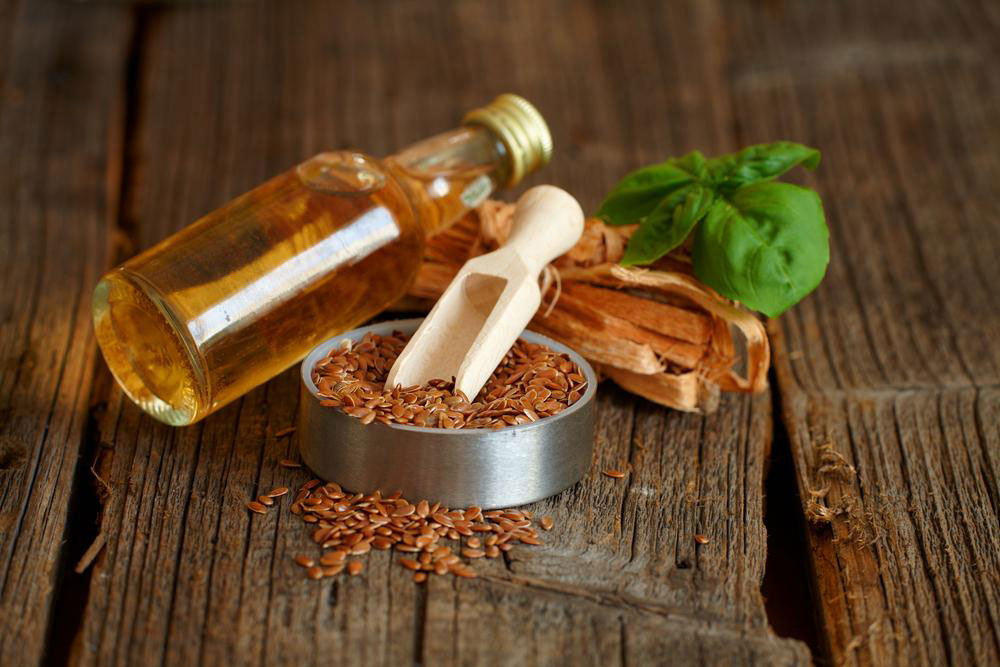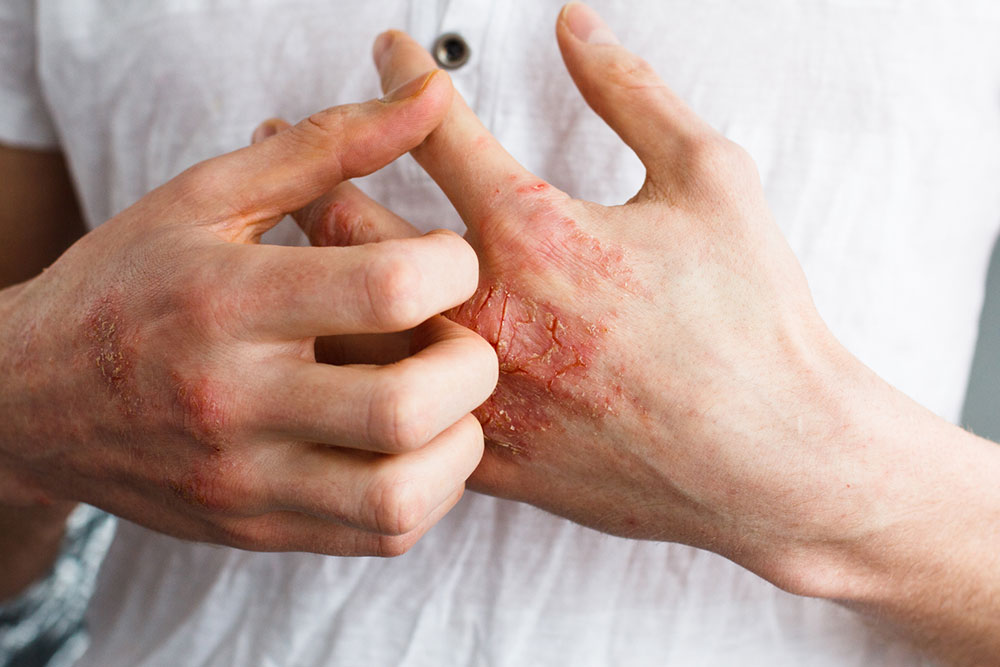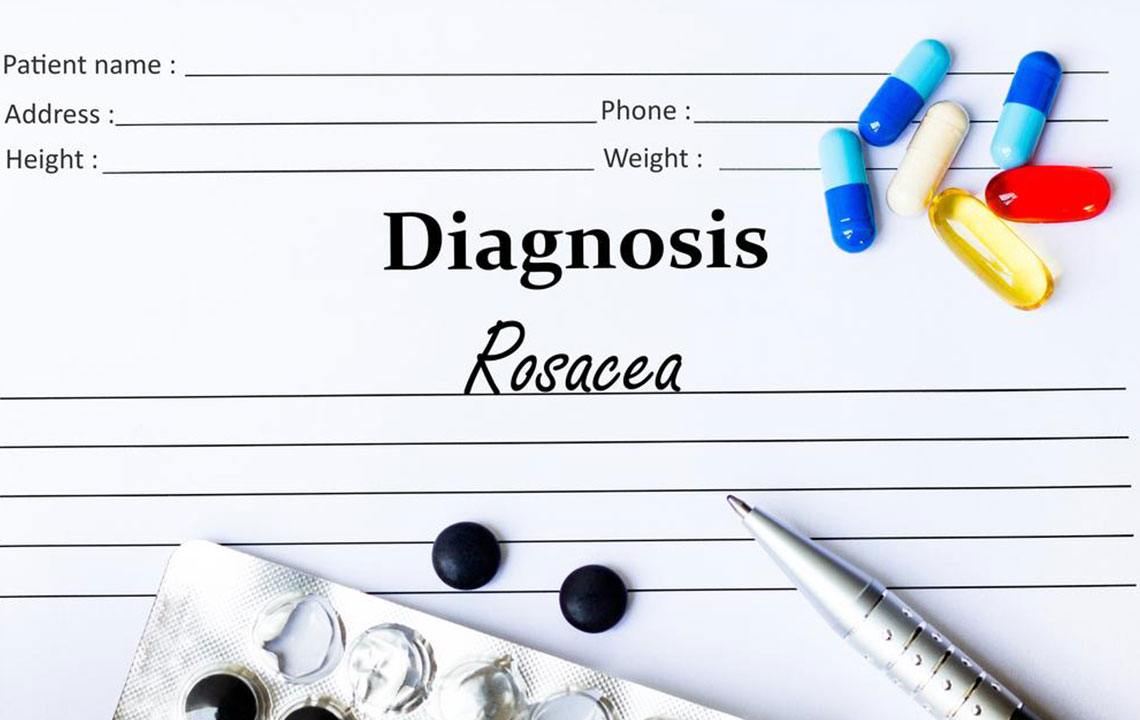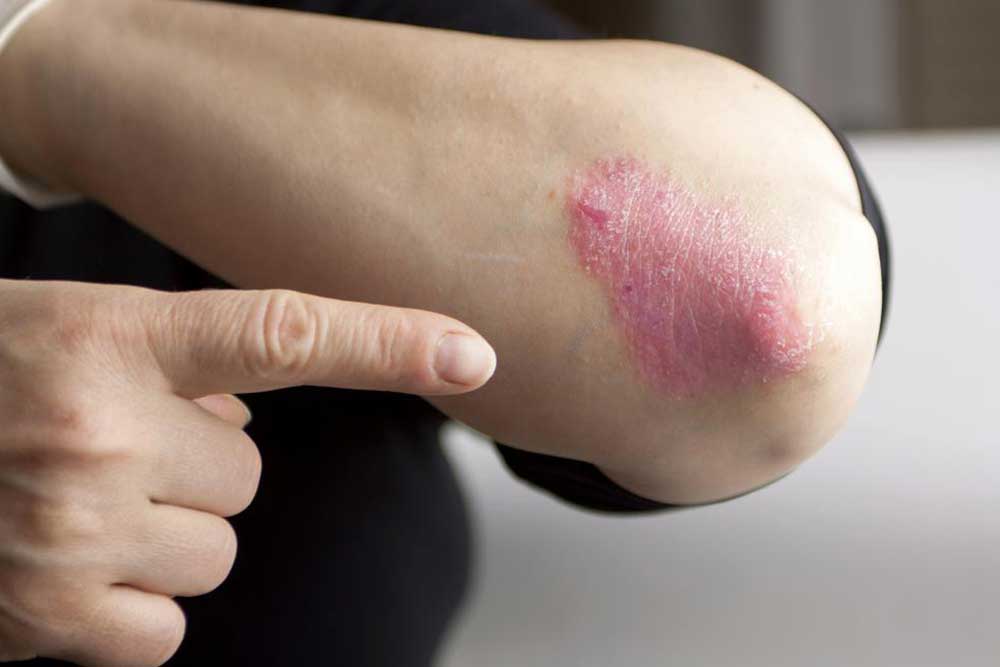Comprehensive Natural and Medical Approaches to Managing Dyshidrotic Eczema
Dyshidrotic eczema, characterized by tiny blisters on hands and feet, can be managed through a combination of natural remedies and medications. Effective strategies include coconut oil, sea salt sprays, dietary supplements, and prescribed topical steroids. Proper diagnosis and tailored treatment plans are essential for controlling symptoms and preventing flare-ups. Natural approaches can offer relief, reduce dependence on pharmaceuticals, and improve skin health for those suffering from this chronic condition. Consultation with healthcare professionals ensures comprehensive management and effective relief.

Effective Natural and Medical Strategies for Managing Dyshidrotic Eczema
Dyshidrotic eczema, also known as pompholyx, is a common skin condition characterized by the sudden appearance of tiny, fluid-filled blisters predominantly on the fingers, palms, and soles of the feet. Although its exact cause remains elusive, researchers have found links to factors such as atopic dermatitis, seasonal allergies, stress, and environmental triggers. The condition often manifests in episodes lasting from a few days up to three weeks, accompanied by intense itching and discomfort. Managing dyshidrotic eczema requires a comprehensive approach that combines both medical treatments and natural remedies to alleviate symptoms and prevent flare-ups effectively.
Professional diagnosis by a healthcare provider is essential to confirm dyshidrotic eczema and rule out other skin conditions. Proper diagnosis ensures that the selected treatment plan is appropriate for your specific case. While there is currently no guaranteed cure, a combination of topical medications, lifestyle changes, and natural therapies can significantly diminish the severity and frequency of outbreaks, improving quality of life for sufferers.
Persistent cases of dyshidrotic eczema can last for months or even persist throughout a lifetime if not managed properly. Standard dermatological treatments often involve corticosteroid creams, moisturizers, and cold compresses which help reduce inflammation, soothe irritation, and prevent excessive dryness. Besides conventional treatments, many patients seek natural remedies to complement their skincare routines and potentially reduce reliance on pharmaceuticals. Here are some of the most effective natural options to consider:
Coconut Oil: With its natural antifungal, antibacterial, and anti-inflammatory properties, coconut oil serves as an excellent moisturizer and soothing agent for inflamed skin. Regular application can help reduce itching and support skin barrier repair.
Sea Salt Spray: Home-made sea salt solutions or sprays may help dry out blisters and reduce bacterial colonization. Magnesium-rich sea salt is believed to promote skin healing and relieve discomfort when used as a spray or soak.
Additional natural remedies include:
Fermented Cod Liver Oil: This supplement is rich in omega-3 fatty acids, vitamin A, and vitamin D, all of which are essential for maintaining healthy skin and reducing inflammation associated with eczema.
Magnesium Baths: If your skin tolerates baths, adding magnesium flakes or Epsom salts can help relax muscles, reduce itching, and promote skin repair. Magnesium's calming properties make it a valuable addition to eczema management routines.
Gelatin-Rich Foods: Incorporating gelatin-rich foods such as bone broth, collagen supplements, or gelatin itself can support skin, hair, and nail health. Collagen promotes skin elasticity and repair, which is beneficial for eczema patients.
Medical Treatments for Severe Eczema
If natural remedies are insufficient to control severe or persistent eczema symptoms, pharmaceutical options become necessary. These include various topical corticosteroids and other prescription medications designed to reduce inflammation, suppress immune responses, and manage flare-ups more effectively. It’s crucial to consult a healthcare professional for tailored treatment plans, especially if over-the-counter remedies do not provide relief.
Topical Corticosteroids: These are commonly prescribed to reduce inflammation and soothe symptoms. Examples include:
Desonide (Brand names: DesOwen, Desonate, Tridesilon, LoKara, Verdeso)
Potent corticosteroids: Clobetasol (Brand names: Dermovate, Clobevate, Temovate, Clobex, Cormax, Clodan, Cormax Scalp, Temovate E, Olux, Olux-E Kit)
Other topical options: Desoximetasone (Topicort), Fluocinonide (Vanos, Fluocinonide-E), Halobetasol (Halonate, Ultravate)
If traditional remedies and over-the-counter options do not sufficiently control severe eczema symptoms, a dermatologist's guidance is essential for prescription treatments tailored to your specific condition. These medications can provide relief from intense itching, reduce inflammation, and prevent complications such as infections. Always adhere strictly to medical advice and avoid self-medicating with potent steroids without professional supervision to prevent potential side effects.





